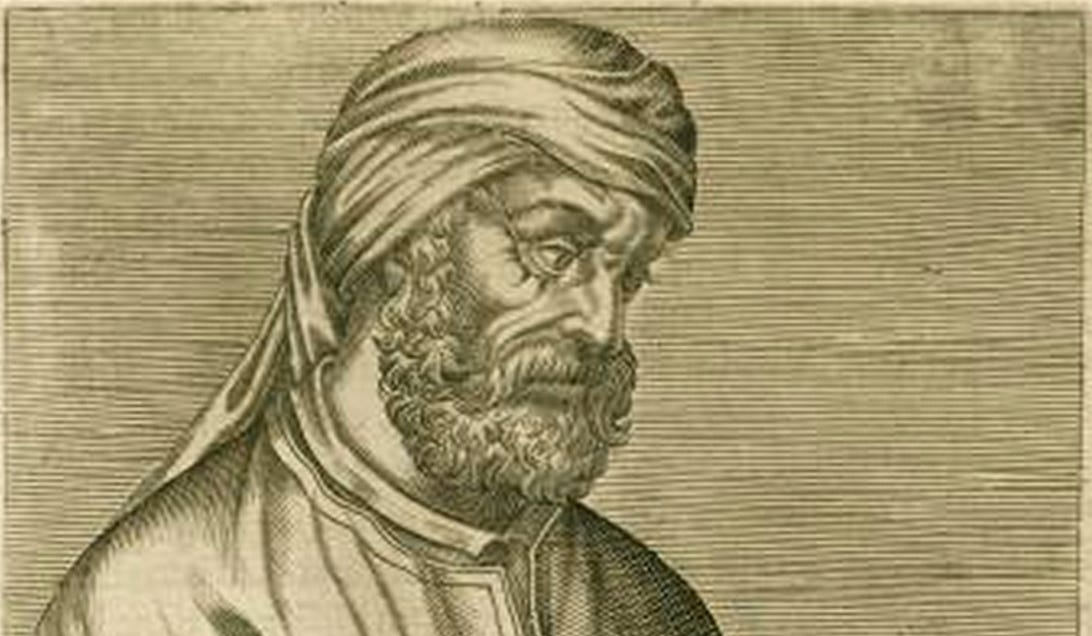Who were the First Philosophers, Theologians, Poets, & Apologists for the Christian Faith?
E-Book: The Latin Christians
Dear Classical Wisdom Members,
Who were the first philosophers, theologians, poets, and apologists for the Christian faith?
The men who produced volumes of works on the budding faith... long before it became the world-altering force as we know it?
Who was the Christian Cicero? The Carthaginian Christians (of which there were many)? And the Holy men of Hispania who wrote of poetry, passion and piety?
Today, dear reader, we shall find out...
But before we get into the often overlooked and indeed controversial Latin Christians, a quick reminder to our Classical Wisdom Members that our Roundtable Discussion with Alexandra Hudson will begin shortly - at 11am EST.
We will talk about the difference between politeness and civility, our ability to know when someone is being truly civil or manipulative, and should we find dignity in the ‘evil’? It will be a deep dive into the differences between relative politeness and universal civility and why it is so important to understand this concept now...
... all with a guiding hand from the ancients.
If you haven’t registered already, please do so now to get the link. If you can’t join us live, don’t worry! Members will receive the recording afterwards.
Now onto the works and legacy of the deeply pious Christian Berber of Carthage and the “Christian Cicero”... both of which you can learn about (among others) in our Latin Christians Ebook, an anthology of the Literature and Poetry from the Early Roman Christians, below.
Classical Wisdom Members, you can find the entire anthology including introductions and original works at the end of the article.
All the best,
Anya Leonard
Founder and Director
Classical Wisdom
The Latin Christians
By Ben Potter
Our anthology of Latin, Christian poets begins with probably the most controversial inclusion presented for your enjoyment. Tertullian (c.155-c.240) was a Carthaginian of Berber origin; not that this has anything to do with the controversy over his inclusion here or his legitimacy amongst his contemporaries. Once a Roman province had been successfully assimilated into the Empire, then matters of origin, race and skin color seemed to be of negligible importance; a Roman was a Roman – especially if he was an educated one.
The sticking point many purists may have about the inclusion of Tertullian is that a) he wasn’t predominantly (or perhaps at all) a poet and b) the two excerpts included here are only spuriously attributable to the great man.
His inclusion, therefore, is justified by the facts that we have no other writer to whom we can more positively attribute said poems, and that, although poetry wasn’t his raison d’être there was, perhaps, no other Latin, Christian writer more prolific, pioneering or important.
His deeply pious and innovative corpus (he was the first Latin to propound the idea of the Trinity) and his polemic preaching and propaganda would have made him a controversial and potentially treacherous figure e.g. he refused to recognise the divinity of the emperor.
Whether or not we accept him as the author of the two poems here (or as an author of poetry at all!), Tertullian deserves a special mention as, without him, it is conceivable that Latin Christian poetry would have ended up as a flickering shadow of its current self; or that, potentially, Christianity would not have come to flourish across Europe in the manner that it did.
Moving on to a man who knew a thing or two about the early days of Christian supremacy being, as he was, a confidant of Constantine the Great: Tertullian’s fellow North African, Lactantius (c.250-c.325).
Like Tertullian, Lactantius was not prominently known for his poetry, however the 170-
Keep reading with a 7-day free trial
Subscribe to Classical Wisdom to keep reading this post and get 7 days of free access to the full post archives.





